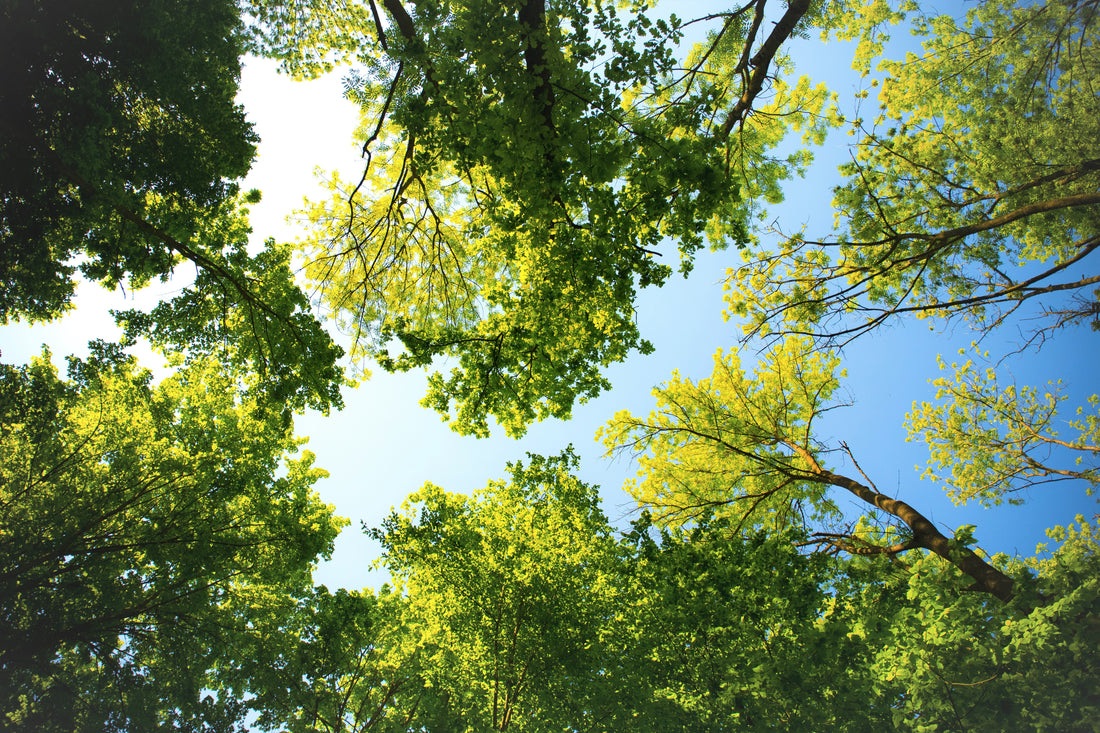
Why are Forests so Important for Human Welfare
SHOO-FOO TeamShare
Forests around the world are in danger, but the importance of these areas should never be underestimated by the human population. While we often take these areas for granted, you’ll find that there are many benefits of forests and trees for humans. Keep reading to discover why our health and welfare lie at the hands of these forests, which so desperately need protecting over the upcoming years.
Forest Products As Part of Your Daily Life
Each day, we use forests in some way in our daily lives. However, the ways in which we are using these resources should be considered carefully, as this is one of the top reasons that we see unnecessary deforestation. Forest products are used every second by someone around you, whether that’s blowing your nose, sitting on a chair, or eating your first meal of the day. By making mindful switches where possible to avoid using unnecessary resources, you’ll find that you can stop contributing to deforestation.
Clean Water is Provided By Forests
A basic fact often misunderstood, we all rely on forests for clean water. Without healthy forests, we wouldn’t enjoy the quality of life and health that we currently do. Water is critical for our everyday lives, and it’s one of the few essential things we need to thrive and survive. Not only does this water help to keep the body healthy, but it also reduces the chance of illness and disease.
Carbon Storage Within Forests
Oceans and forests are the two biggest storehouses for carbon, which is essential for the health and wellbeing of everyone on our planet. Forests help to absorb greenhouse gases in the form of CO2, which helps to the impact of climate change. They also offer clean water for our population, as well as food and medicine for some communities. Forests also act as a natural form of protection during some natural disasters. During a flood or rainfall, you’ll find that they are a buffer that minimizes the damage we feel as a result of these disasters. Without forests, our world would be a very different place, which is why action is needed to protect these habitats.
Forests are Habitats for Biodiversity
While we usually just consider human welfare when discussing this topic, you’ll also find that forests are home to some of the most endangered animal species in the world. They act as a source of livelihood for these animals but are also home to 60 million indigenous people in human settlements. Forests help to make the world a more diverse place, offering shelter, food, and warmth for communities around the world.
Forests Provide Jobs for Humans
The activities we’ve discussed so far regarding forests don’t usually happen by themselves, and you’ll find that there are millions of jobs worldwide because of these activities. The worrying thing is that between 1990 and 2015, over 129 million ha of forest was lost. This is the size of South Africa, so is a staggering amount of space to lose in a relatively short period of time. When these trees are lost, the consequences of this impact everyone in the world. Our ecosystem will slowly begin to fall apart, which contributes to many of the issues we are seeing as a population today.
Bringing Together the Local Community
While we often think of forests as somewhere that’s remotely located, there are hundreds of urban forests around the world. These are linked to lower crime rates and an increase in overall well-being and health within the community. The public enjoys getting involved with the upkeep of the forests, which improves their knowledge about the benefits of forests for our planet. This works to increase the community feel in the area, which is something that’s often lacking in big cities.
As you can see, forests are absolutely essential for human welfare. The rate of deforestation around the world is still of huge concern to our population, and we need to do everything we can to minimize the chance of this continuing in the future. As individuals, we can all make small changes each day which will soon add up when everyone acts with the forest in mind. If you are lucky enough to live near a forest, we encourage you to embrace this area and enjoy learning more about the trees and creatures that call this area home. We can only hope our forests will continue to grow and survive in the future, as they are critical for our welfare and health and offer homes to humans and animals worldwide.

